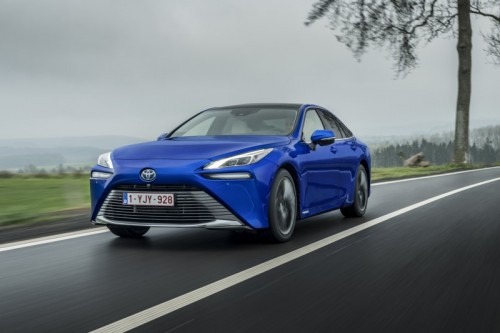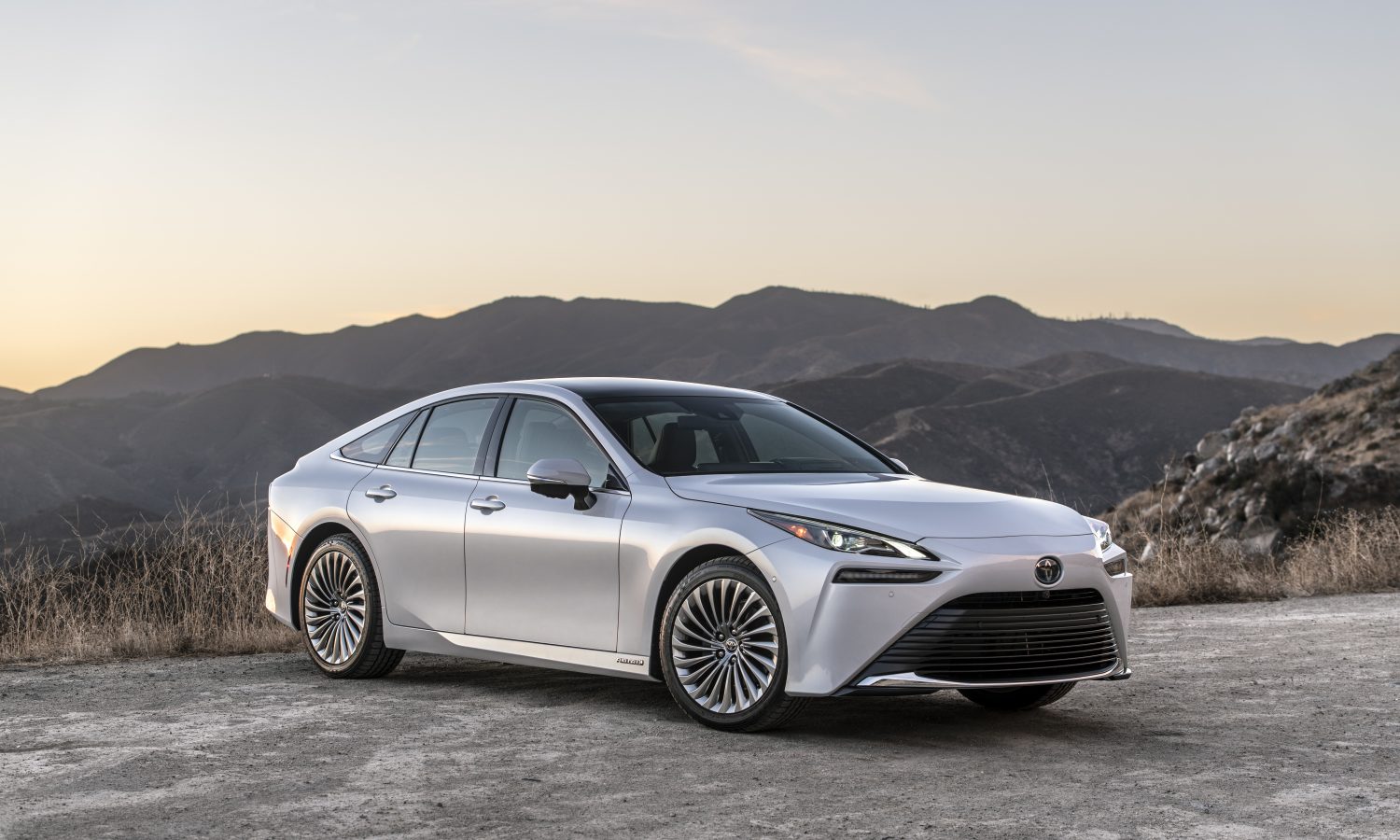john.k
Diamond
- Joined
- Dec 21, 2012
- Location
- Brisbane Qld Australia
Actually ,storing hydrogen isnt hard ......it used to be stored all over the place .....its not hard to make either ,just blow steam over a hot coalbed ......used to be made in three locations around here.....obviously the green communists wont be happy......they are also provided for in my plan.


/cloudfront-us-east-2.images.arcpublishing.com/reuters/B6H3HNL52JPUFKDO74NFGTA364.jpg)

